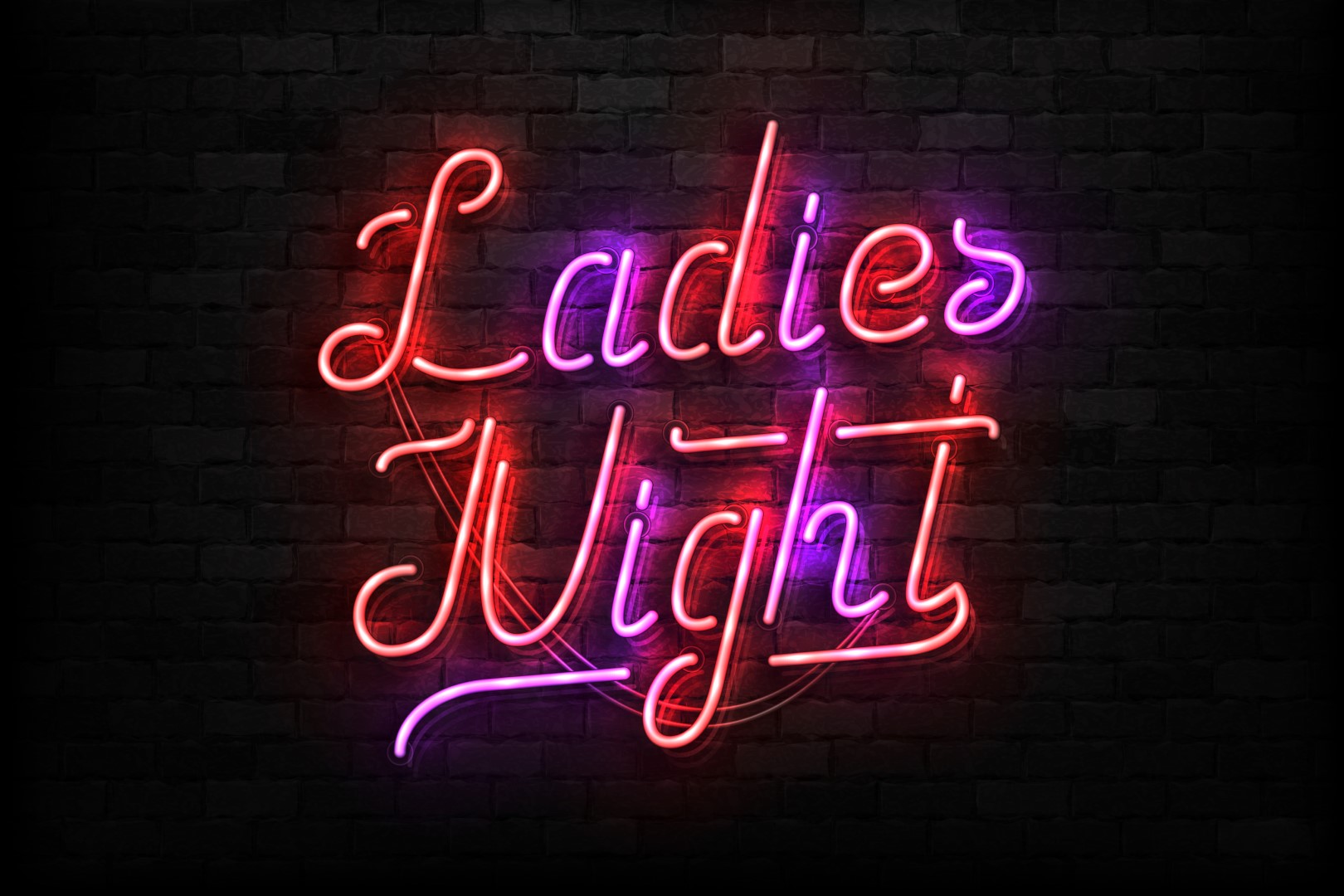
A look at the polarizing phenomenon of this non-sausage festivity
By Brandon Yip, Senior Columnist
Ladies night has oftentimes been a big feature at restaurants and especially at nightclubs and strip clubs—entailing free cover, discounted drinks, and male strippers.
Ladies night: it is a code word directed to men meaning, “Fuck off, I don’t want sausage tonight!” Or to be less dramatic and especially less sarcastic, ladies night is an overt signal for men to let women have a night out alone. There is absolutely nothing wrong with that; Hollywood films such as Coyote Ugly, Rough Night, and Magic Mike epitomize and glorify the “ladies night” theme.
According to the South China Morning Post, ladies night was originally a western idea. It has been banned in the UK and in certain areas of the US because it was ruled that ladies discounts are unlawful gender-based price discrimination. Ladies night has oftentimes been a big feature at restaurants and especially at nightclubs and strip clubs—entailing free cover, discounted drinks, and male strippers.
But the concept of ladies night has not always been fully embraced and continues to create controversy. In early 2020, a bar in Hong Kong’s Wan Chai nightlife district received negative backlash for promoting a ladies night event offering “No Bra Sunday.” Women who showed up wearing no bra would be offered free shots. Safe to say, the promotion did not get much “support” on social media. There was viral wrath from women (and some men) hence the promotion was ultimately cancelled—and a-hum left to “hang” shall we say.
Victoria O’Keefe, a real estate fund director was concerned after seeing an ad for a venue named Carnegies. The establishment, known for its bar-top dancing and hedonistic ladies nights, posted an ad on its Facebook page for a Sunday promotion with the tag line, “No Bra No Problem!” O’Keefe said a friend shared the ad in their private WhatsApp group chat. “It’s literally saying, ‘I want to see women’s nipples.’ I’m not individually offended, but I think it should be called for what it is: sexual exploitation. It perpetuates misogynism,” O’Keefe told the South China Morning Post in March 2020.
O’Keefe further stated that bars having such promotions are not only degrading to women—but also puts women’s safety at risk. “As a bar, you have a responsibility to take care of people. I hear lots of stories of people having their drinks spiked [in bars throughout Hong Kong]. This misogynistic agenda is saying, ‘Come down here so we can all ogle at you.’ It’s a c***** marketing strategy and shows desperation.”
Moreover, other women have been even more outspoken about ladies night stating it is archaic and needs to be abolished and that it only objectifies and degrades women. Anna E. Boch, an editorial writer for The Harvard Crimson, offered her thoughts about ladies night in a September 2010 article: “Ladies nights are not a manifestation of women’s liberation. Though veiled as events designed to pamper women—a treat—they in fact serve as a cattle call to increase the female-to-male ratio. Advertising a ladies night will bring in women looking to save money and will bring in men looking for women. Arguably, the women who go to ladies nights may also be interested in pursuing men there, but the system is designed to favour a male’s chances of finding a female partner. Women primary value on ladies nights is as sexualized objects of attraction for men, not as paying customers.”
Nevertheless, Richard Ford from his 2011 book Rights Gone Wrong: How Law Corrupts the Struggle for Equality published on slate.com states John Banzhaf, a law professor at George Washington University, encouraged his students to sue to end ladies nights. Banzhaf’s argument was ladies night, in his view, is in principle impossible to differentiate from discriminatory customs that disparage women. He believes that discrimination is discrimination. Ford writes in response to Banzhaf’s viewpoint, “Using this kind of logic, offering your seat on the bus to a woman because of her sex is just as bad as making black people sit in the back of the bus because of their race.” As well, writer Chris Bodenner in his September 2010 article about ladies night published in The Atlantic, believes ladies night is discriminatory and sexist: “I’m not especially animated by this double standard, but on the face of it, the disparate cost of drinks based on gender seems pretty damn discriminatory. What if a club owner wanted to attract more white patrons by offering them a special discount?”
Yashi Marwaha, in an article she wrote for iDiva.com in March 2020, did not seem bothered that ladies night has often been accused of being misogynistic and degrading to women. But instead, what she found most offensive and disrespectful was the lack of drink options available for women during ladies night: “Not only has ‘ladies night’ become a spectacle for stags who are out to ‘look at beautiful women’ and maybe hit on them and try their luck, it is a great way for nightclubs to attract larger crowds and make more money, all in the name of ‘celebrating women.’ And if women are being celebrated indeed, then at least up your alcohol game and let us choose what we would like to drink.”

